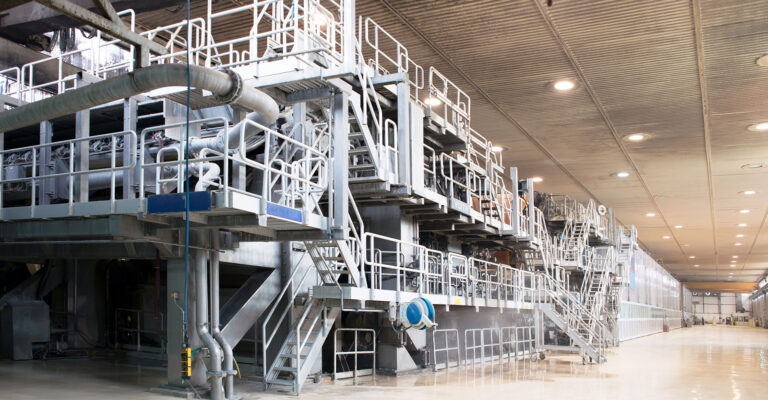In the heart of Ogun State, the town of Ogijo has become the continent’s epicenter for lead recycling, outpacing any other African location. Arriving in Ogijo, visitors are greeted by a haze the color of old parchment—a sky heavy with pollutants. Throughout the town, smoke pours not just from factory chimneys but also from corroded rooftops, evidence of a pervasive, unchecked environmental threat.
Despite persistent complaints from residents about symptoms like headaches, stomach pain, and chronic fatigue—hallmarks of lead poisoning—there has never been a government-led, comprehensive screening program. High testing costs and competing public health crises, such as malaria, have hindered efforts, leaving communities to fend for themselves.
In response, a team of investigative journalists and nonprofit researchers stepped in. Partnering with Sustainable Research and Action for Environmental Development (SRADev), a respected Nigerian research group, and with oversight from local health authorities, they launched a wide-reaching study. Seventy Ogijo residents volunteered for blood tests, while soil samples were collected and air quality monitored using nasal filters. Children were gently reassured by caregivers singing songs as their blood was drawn.
The findings were sobering: Seven out of ten participants had harmful levels of lead in their blood, with some children registering up to 28.5 micrograms per deciliter—far above global safety standards. Every factory worker tested had been poisoned. Soil samples from playgrounds and farms revealed elevated lead levels, while those living far from industrial zones showed little or no lead exposure. SRADev’s analysis traced the source of contamination directly to the local battery recycling industry.
Despite the danger, few residents could afford to relocate. Doctors offered practical advice—calcium supplements, enhanced cleaning, keeping children away from factories—but acknowledged these were stopgap solutions.
The investigation didn’t stop at Ogijo’s borders. By tracking shipping containers, reviewing customs and trade records, and following global product codes, researchers traced the flow of recycled lead from Nigerian factories to the United States, primarily entering through the Port of Baltimore. Some shipments even reached battery manufacturers in South Korea, ultimately supplying major automakers like Tesla and General Motors in the U.S.
A deeper look revealed that companies such as East Penn Manufacturing in Pennsylvania were sourcing Nigerian lead, while multinational trader Trafigura acted as a key intermediary. Both firms stated they were committed to regulatory compliance and supplier assessments. When presented with the findings, East Penn pledged to halt Nigerian imports and increase scrutiny of all lead purchases, recognizing the urgent need for responsible sourcing.
Ogijo’s story is a stark illustration of how environmental injustice and global commerce intersect. As the demand for recycled lead grows, the true cost is borne by vulnerable communities—children, families, and workers—whose health is sacrificed for the batteries that power the modern world.

